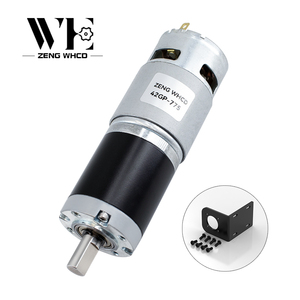
All categories
Featured selections
Trade Assurance
Buyer Central
Help Center
Get the app
Become a supplier














Nhận phù hợp nhất. mô-men xoắn cao 100kg dc động cơ mà họ đang tìm kiếm.
Tất cả . mô-men xoắn cao 100kg dc động cơ được sản xuất từ vật liệu cao cấp có vẻ ngoài trang nhã, độ bền lâu và dễ dàng vệ sinh. Ngoài sức hấp dẫn về mặt thẩm mỹ của chúng, các vật liệu trong này. mô-men xoắn cao 100kg dc động cơ đủ xốp để tăng khả năng thở để tạo sự thoải mái và an toàn. Các. Các kiểu dáng và chất liệu mô-men xoắn cao 100kg dc động cơ cũng cung cấp sự hỗ trợ cho bàn chân thông qua phần lót gót chân thích hợp, kích thước ngón chân và giường để chân giải phẫu phù hợp. Ngoài ra, chúng bổ sung cho nhiều loại quần áo khác nhau, từ quần jean, quần áo dài và nhiều loại quần áo thông thường khác.
Cải thiện thành tích tiết kiệm của bạn với những ưu đãi hấp dẫn này. Phạm vi của mô-men xoắn cao 100kg dc động cơ trên Alibaba.com trong khi vẫn duy trì chất lượng tuyệt vời .. mô-men xoắn cao 100kg dc động cơ người bán và người bán buôn chắc chắn tìm thấy các giao dịch sinh lợi khi mua hàng loạt. Bạn chỉ cần một cú nhấp chuột là có thể tìm thấy dịch vụ hậu mãi đảm bảo và sản phẩm chất lượng hoàn hảo.